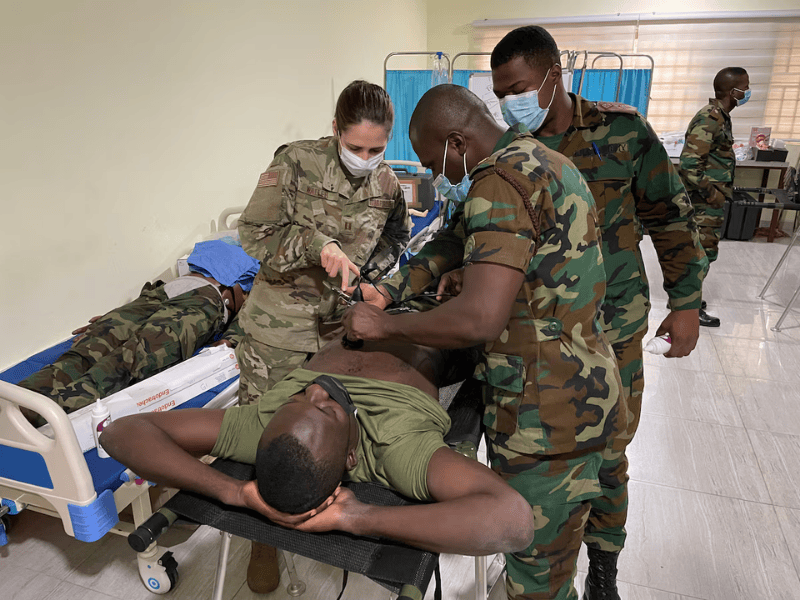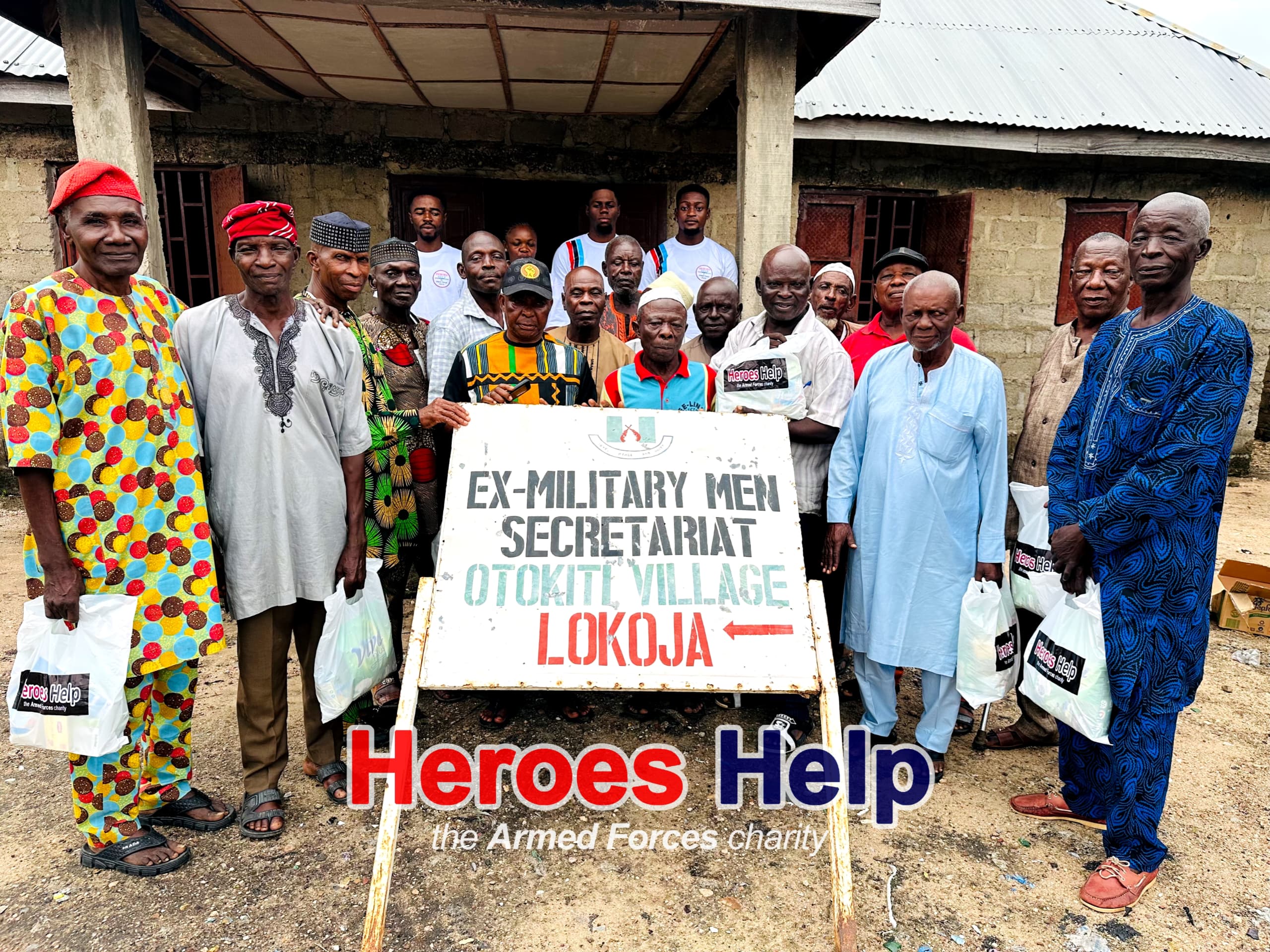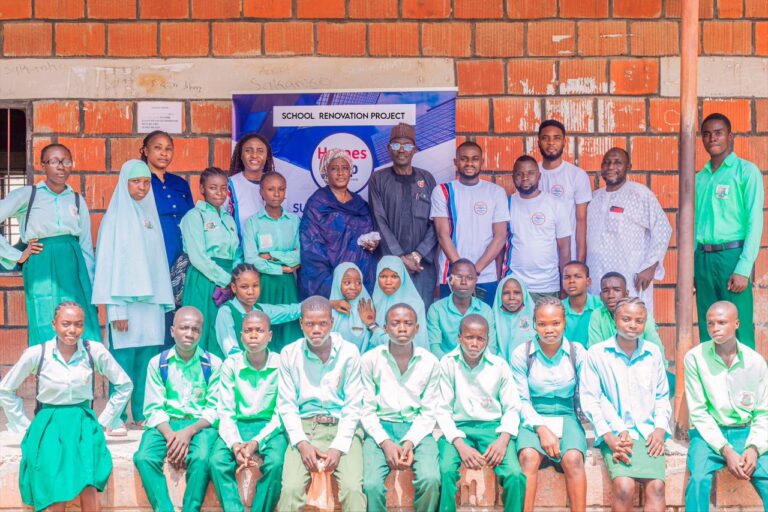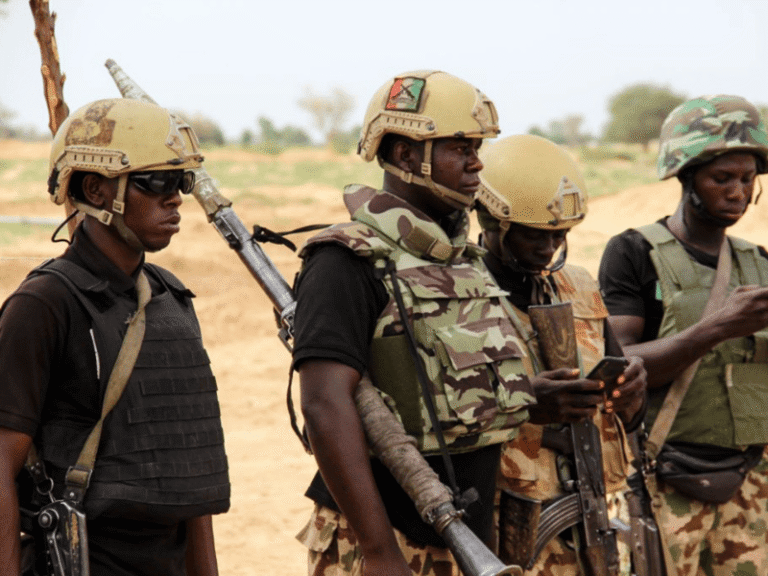A 2025 Independent Assessment by Heroes-Help
Purpose and Mandate
This 2025 Heroes Help report presents a comprehensive assessment of the service welfare needs of members of the Nigerian Armed Forces. It provides an evidence-based, policy ready snapshot of the welfare terrain for all three branches of the Nigerian Armed Forces—Army, Navy, Air Force—covering serving personnel, reƟrees and their extended families (spouses, children under 25, and registered dependents).
The mandate is two fold:
· Diagnosic: quantify the breadth, depth and lived reality of welfare gaps.
· Prescriptive: supply implementable, time-bound solutions that can be enacted by the Office of the National Security Adviser (ONSA), the Federal Ministry of Finance (FMoF), the Ministry of Defence (MoD), and the National Assembly.
The findings reveal a mixed landscape: while there are ongoing efforts and stated commitments from military leadership and the government to improve welfare, significant challenges persist.
Methodology in Brief
·- Primary data: 120 semi-structured interviews (May–June 2025) across six geo-political zones and the FCT; participants include 38 active-duty personnel (ranks Pte–Maj-Gen), 57 retirees, 15 spouses, 4 policy makers, 6 NGO reps.
·- Secondary data: triangulation of 2019–2025 budget documents, PenCom reports, DHIS claims data, 7 previous protest communiqués and numerous research articles.
·-Analytical lens: thematic coding followed the six welfare pillars—pensions, healthcare, mental health, housing, education, and governance/corruption.
Key Findings at a Glance
Critical Findings
- Pension Administration: retired personnel face persistent arrears and payment delays
- Healthcare Access: Limited access to quality medical facilities, especially in remote areas
- Mental Health: Stigma and limited support for personnel in prolonged operations
- Housing: Accomodation deficits and substandard living conditions
Strategic Implications
· Operational readiness: Persistent welfare gaps correlate with a 17 % rise in AWOL incidents in 2024–2025.
· National security: Unpaid pensions create a cohort of financially desperate veterans—potential recruitment pool for non-state actors.
· Social contract: 81 % of interviewed personnel believe “the government does not value military service”, feeding retention and recruitment crises.
· Estimated annual welfare financing gap: ₦68 bn (pensions) + ₦22 bn (healthcare) + ₦14 bn (housing maintenance) = ₦104 bn (≈ 0.4 % of 2025 federal budget). Closing this gap could avert projected productivity losses of ₦260 bn over five years.
The report underscores the need for systemic reforms, increased transparency, and sustained investment to address these welfare gaps and ensure that those who serve and have served the nation are adequately supported.
Dr Joel Adams,
PhD MSc Beng (Hons) DIC CEng MIMechE
President & National Chair, Heroes Help





